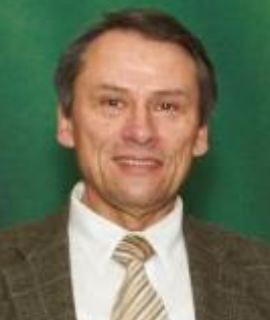Title : Facilitation of adventitious root formation by nitrogen remobilization on reversible dark-induced carbohydrate depletion and potential application in horticulture
Abstract:
Adventitious root (AR) formation in axillary shoot tip cuttings is utilized in global production chains of vegetative-propagated ornamentals. Therein, the nitrogen and carbohydrate metabolisms in cuttings are affected by their total nitrogen content (Nt), temporary dark exposure and irradiance levels at the different production sites and phases with a specific plasticity to readjust metabolite pools to complex environments. We investigated in Petunia hybrida cuttings how elevated Nt contents with a combined dark exposure of cuttings change their different internal N-pools including free amino acids. In addition, early anatomic events of AR formation and further root development were studied.
Enhanced Nt contents and dark exposure of unrooted cuttings resulted in elevated levels of total free amino acids. With rising Nt contents, in particular glutamate and glutamine accumulated in leaf and basal stem. N-allocation to mobile N-pools increased whereas the allocation to insoluble protein-N declined. A dark exposure of cuttings conserved initial Nt and nitrate-N, while it reduced insoluble protein-N and increased soluble protein. Predominantly, free amino acids and soluble amino-N and amide-N pools increased under darkness. This mainly applied to asparagine, aspartate and arginine in leaves and resulted in tissue specific responses in stem and leaf at a rise in N-supply.
In the early stages of AR formation, meristematic cells developed until 72 h post excision with a negligible difference for two (eg, high vs low) Nt contents. After 168 h, AR formation was accelerated at a high Nt and gave rise to first obvious fully developed roots while only meristems were formed with a low Nt. After 384 h, a strong positive effect of a high Nt level in cuttings on their AR formation (root number and total length) was observed. However, a dark exposure for 168 h promoted AR formation particularly in cuttings with a low Nt close to compensation with that at high Nt level. The results indicate that both increased Nt contents and a temporary dark exposure of cuttings induce N signals and remobilize N resources in basal stem that are facilitated by senescence-related proteolysis in leaves. Based on our results, a metabolic model of N remobilization by temporary and reversible carbohydrate depletion and its significance for AR formation is presented. To illustrate application, we show the achievement potential of near infrared reflectance spectroscopy as noninvasive measurement for nitrogen and carbohydrate pools in ornamental plant species with economic value in horticulture.
We conclude that conventional strategies might consider nitrogen fertilization of donor plants and subsequent dark storage for enhanced survival and rooting capacity and thus highest propagation rates.



